Key highlights
- Removing fuel subsidies without adequate social welfare programs will lead to higher fuel pump prices and inflation, and the government needs to fix infrastructural deficits and problems of policy implementation to develop the economy.
- The Dangote Refinery is not a solution to Nigeria’s refining woes and should not be relied upon alone.
- Nigerians need to focus on fixing local refineries, encouraging the development of modular refineries, and increasing refining capacity to avoid fuel and petrochemical crises.
- Funding for the Dangote refinery came from a consortium of local and international banks, and the pricing of products will be influenced by various factors, including Nigeria’s risk index and inflation rate.

The Dangote Refinery is expected to come on stream in 2024. According to the Nigerian Upstream Petroleum Regulatory Commission (NUPRC), the refinery is 97% complete. There are many expectations as to the refinery’s delivery as well as the ability to deliver Nigeria from its refining woes.
However, energy analyst, Kayode Oluwadare, who recently spoke to Nairametrics, holds a different view of the Dangote refinery. He urges Nigerians not to expect so much, as the country still needs to have its active refineries if we will avoid the fuel, diesel, and petrochemical crises we are currently battling.
Enjoy the conversation…
NAIRAMETRICS: Why do you believe that Nigerians expect too much from the Dangote Refinery?
Kayode Oluwadare: Nigerians are more focused on looking forward to the start-up of the Dangote refinery, instead of actively calling on the government to hasten the refurbishment of our local refineries in Port Harcourt, Kaduna and Warri.
This is worrisome because for us to fix our current infrastructural issues in the production of fuel and other commodities, we need our local refineries to work. What has stopped us from fixing our refineries?
The way I see it, Nigerians need to shift focus and concentrate on the resumption of activities at our local refineries. We should also encourage further development of modular refineries across locations where oil resources are available. Combined efforts like these will take us from where we are to where we need to be in terms of production.
NAIRAMETRICS: But why do we need to shift focus? Is the Dangote refinery not a local business as well?
Kayode Oluwadare: Dangote refinery is a private business in Nigeria, and lenders will have a say in the pricing of their products. Let’s talk a little about the funding and capacity of the Dangote oil refinery. It has been earlier reported that the Dangote oil refinery is being funded with over $19 billion and can refine over 650,000 barrels of crude oil daily.
First off, the funding of the project came from a consortium of local and international banks. When people as well as representatives of the government are talking about the Dangote refinery, they tend not to focus on this. The truth is those who have invested in the refinery, will want returns on their investments. So, expecting that fuel from the Dangote refinery will be sold even lower than the current regulated price is not a reasonable or realistic expectation.
Also, data from the Nigerian Midstream and Downstream Petroleum Regulatory Authority (NMDPRA) as well as the Nigerian Upstream Petroleum Regulatory Commission (NUPRC) has shown that the country needs more than 650,000 barrels per day. Our daily oil production also is currently at 1.3 million barrels per day. So, we need more refining capacity.
This is why Nigerians need to shift focus and push the government to fix our local refineries as well. Even when this administration ends its tenure, it is everyone’s job to push the next administration to fix the local refineries. Let us have options, the higher refining capacity we have, the better, especially now that fuel subsidies will be removed.
NAIRAMETRICS: What are some factors you think will influence pricing from the Dangote refinery aside from external funding?
Kayode Oluwadare: Currently, Nigeria is exposed to many risks. The country’s risk index on political, security, and economic risks as well as lending rates will contribute to the Dangote refinery product pricing.
Right now, we just concluded the 2023 general elections, many have termed it flawed and several political parties are challenging the results of the presidential elections, this is a risk to the business environment.
Also, Nigeria’s latest inflation rate is 21.91%, which will impact everything from food to transportation costs for both individuals and businesses, which is another risk. Although the government has done a lot in driving down security risks especially when it comes to crude oil production, no one can deny the fact that there are still risks in the country.
So, the Nigerian govt should stop talking about the Dangote refinery, they should fix the country’s refineries.
The last I heard, the Port Harcourt refinery rehabilitation is supposed to be completed by the second quarter of 2023. Meanwhile, the Warri refinery rehabilitation should be completed by the fourth quarter of 2023 and the Kaduna refinery rehabilitation is to be completed by the fourth quarter of 2024. If these timelines are met, the local refineries will also raise the refining capacity in the country.
NAIRAMETRICS: Now that fuel subsidies will be removed by the second quarter of this year, Nigerians need fuel pump prices that are reflective of current economic pressures. How do we get there?
Kayode Oluwadare: I have said that removing fuel subsidies at this point when all Nigerians are feeling so many economic pressures, is a bad idea without adequate preparations on the part of the government. Fuel pump prices that are indicative of rising inflation are near impossible at this point. Right now, some people are paying as high as N350 per litre for fuel at stations owned by independent marketers.
When the subsidies are removed, these stations could sell up to N500 and above per litre. This is the reality. However, before the subsidy removal, the government must ensure that it is offering social welfare programs to citizens especially students, and low-income earners so that when food and transportation costs increase as a result of the fuel subsidy removal, these people can cope. I believe properly structured social welfare programs can help alleviate the expected inflation across the board.
NAIRAMETRICS: Do you think Nigeria can get past these oil and gas sector irregularities in the near term?
Kayode Oluwadare: For us to get to that point, the country needs to have active refineries that are government owned and operated. This is why I am speaking so much about refining capacity outside of the Dangote refinery which is a private business, guaranteed to make a profit. Nigeria’s oil sector needs a domestic market and to do that, we need local refining capacity. We also need to have an active export market. Let’s look at Saudi Arabia for instance.
Saudi Arabia’s oil and gas prices are regulated for the domestic market. If the break-even oil price is $4 per barrel, they can afford to sell at $4 or lower for their citizens and recoup the loss from the export markets. Is Nigeria exporting enough to adopt this strategy? It is not. Are we a reliable supplier? Are we able to take advantage of rising oil prices? Not yet.
There is no clear distinction between the domestic and export market in Nigeria. Nigeria does not even have a domestic market because it has no local refining capacity. Until we have functional refineries, we cannot have a domestic crude oil market. and without it, we cannot develop the economy.
Despite being the current largest crude producer in Africa, we are losing Naphtha, liquefied petroleum gas (LPG), and other petrochemicals. Some analysts have said the fuel subsidy regime is the problem, but in my opinion, it is only an effect of the larger problem. We need to fix our infrastructural deficit and problems of policy implementation.
I believe that natural gas presents Nigerians with an opportunity to retrace our steps from the mistakes we have made with crude oil. However, we appear to still be taking the same route. The Nigeria Liquefied Natural Gas (NLNG) Train-7 project cannot come onstream until at least 2026 and we currently have only one LPG vessel serving the entire country which also points to the problem of infrastructure.

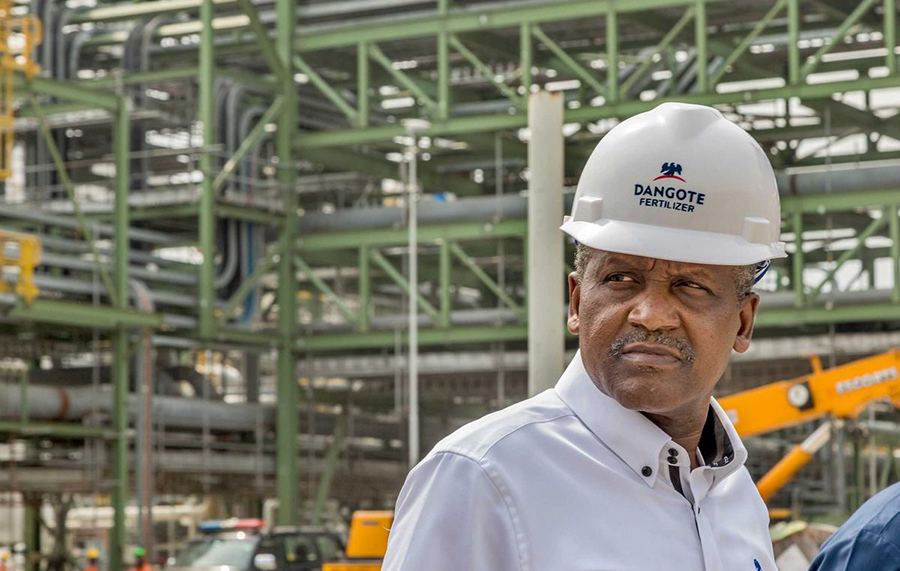







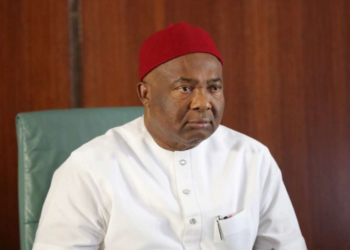

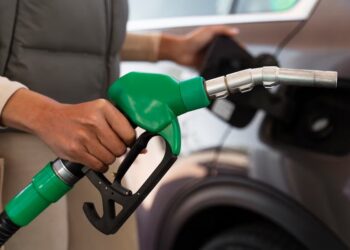

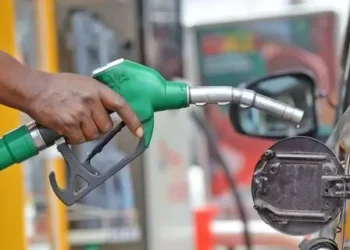
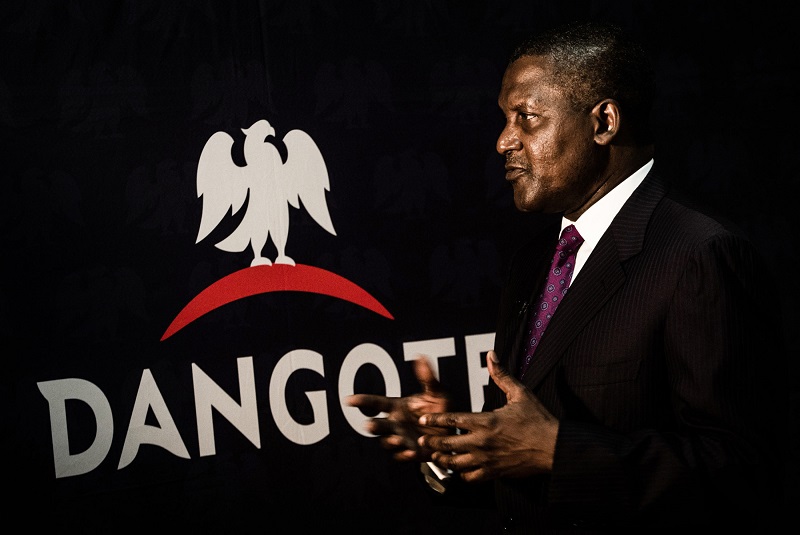







Wrong analysis – remove subsidy and then sue the money to subsidize lower income people – if you do they have you removed the subsidy?
Also – market forces should & would determine the price of fuel at the pump, not what Dangote’s loan terms and interest rates are – we need to create a competitive fuel / energy market – aside from other refineries being built or refurbished right now a we need to aggressively encourage other private refineries – remove the bottlenecks for others to get in the game….and we can also adopt a diversification of power poole strategy so as not to turn fuel sellers to a team of oligarchs and price fixers – encourage clean energy with tax breaks – electric vehicles / solar home systems, wind generated power – this will keep the energy market competitive and neutralize collusion and price fixing.
Also – all the government refineries have to be sold off to private investors….100% or 95%….cos govt needs to get out of the business of refining.
Thank you very much, your analysis is true. Plus social welfare especially in Nigeria is often not distributed effectively.
Majority of the Nigerian government social welfare goes to the distributers, their family and the pockets of private relatively well off individuals.
Charity is not one of the responsibilities of a responsible government. The government is meant to empower people to live their best lives instead of wasting taxes virtue signaling with charity.